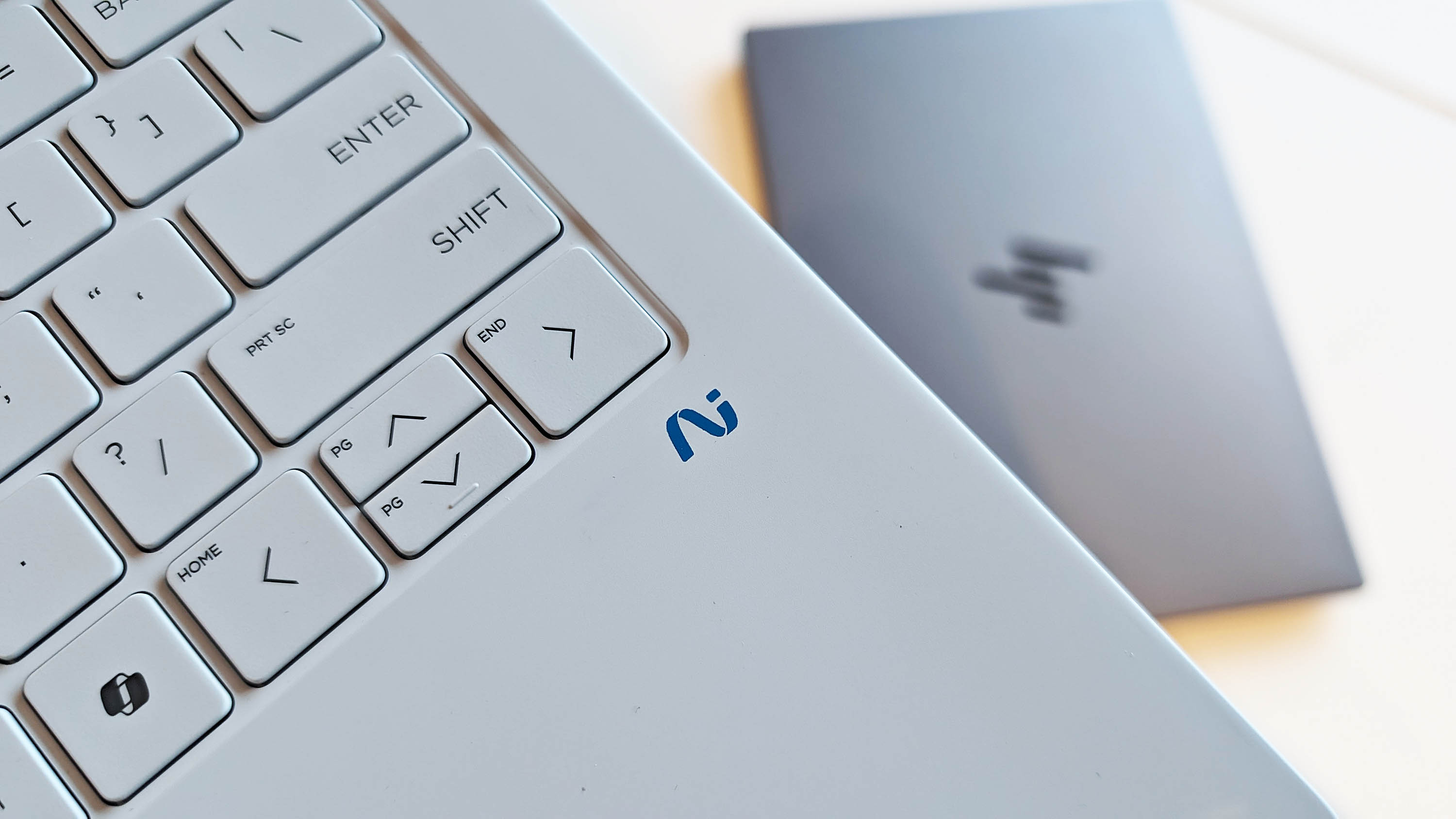
I've covered Windows PCs for 12 years since Microsoft introduced the first Surface laptops in 2012. That Windows device and the controversial Windows 8 operating system started a new era of convertible laptops (and the first Windows on Arm attempt with Windows RT).
Amidst the ebb and flow of convertible laptops and other industry initiatives, the emergence of new 'Copilot+ PCs' stands out as a transformative force, surpassing the impact of convertibles in every way.
Today's announcement from Microsoft and its partners signals a major shift in the PC industry. Lenovo, HP, Dell, Acer, ASUS, Samsung, and Microsoft announced new laptops for this category, and they hit store shelves next month.
I have termed this the 'Great PC Reset,' which signifies the convergence of cutting-edge ARM64 processors from Qualcomm, powerful neural processing units (NPUs), generative AI, and PC manufacturers rallying around the concept of the AI PC.
Furthermore, it signifies a resurgence of fundamental computing principles and simplicity.
Here's why and how this technology merger is poised to redefine our perception of Windows laptops, marking a tectonic shift comparable to the impact nearly 30 years ago by Microsoft's Windows 95 and the emergence of the Internet.
Qualcomm’s brilliant Nuvia acquisition
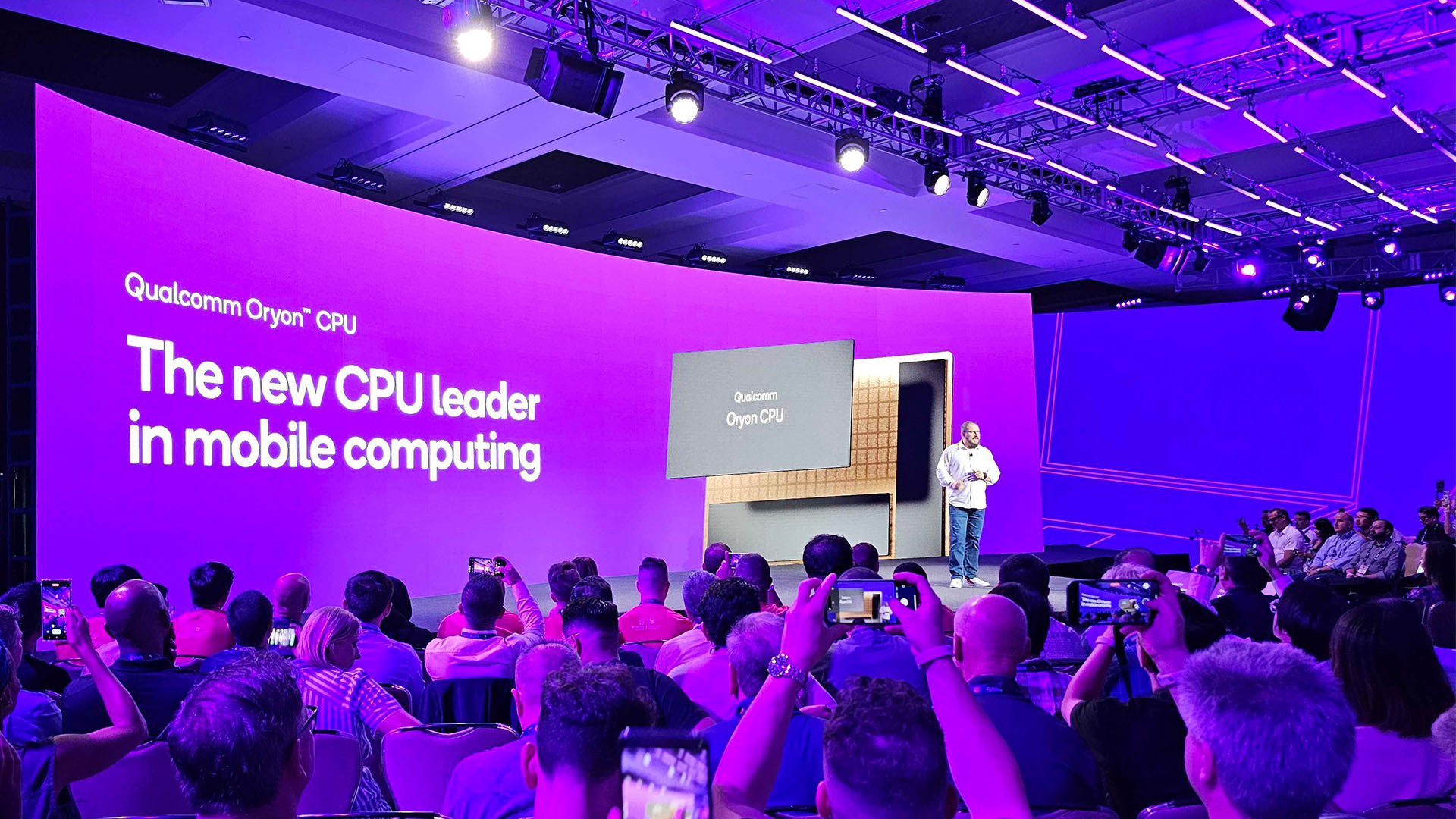
Let’s face it: Qualcomm's journey with Windows on ARM over the past seven years has been challenging. Initially introduced as an initiative in 2016, Microsoft rightly viewed its foray into ARM32 (and later ARM64) and support for Intel and AMD (x86-64) as a long-term commitment. While the benefits of Windows on ARM (WoA) were evident, such as significantly improved battery life, the journey turned into a slog after 5 years, with modest but slow advances in chip performance. However, Qualcomm's strategic acquisition of Nuvia will change the game.
It's important to acknowledge the considerable challenges that Qualcomm has faced. Technically, it didn’t design its own processors but relied on existing designs by Arm Ltd., which it then licensed and modified. This dependency on Arm Ltd. meant that if they didn’t design a CPU that could outperform Intel’s latest Core processor, neither could Qualcomm. It's a complex landscape, and understanding these challenges is key to appreciating the industry's dynamics.
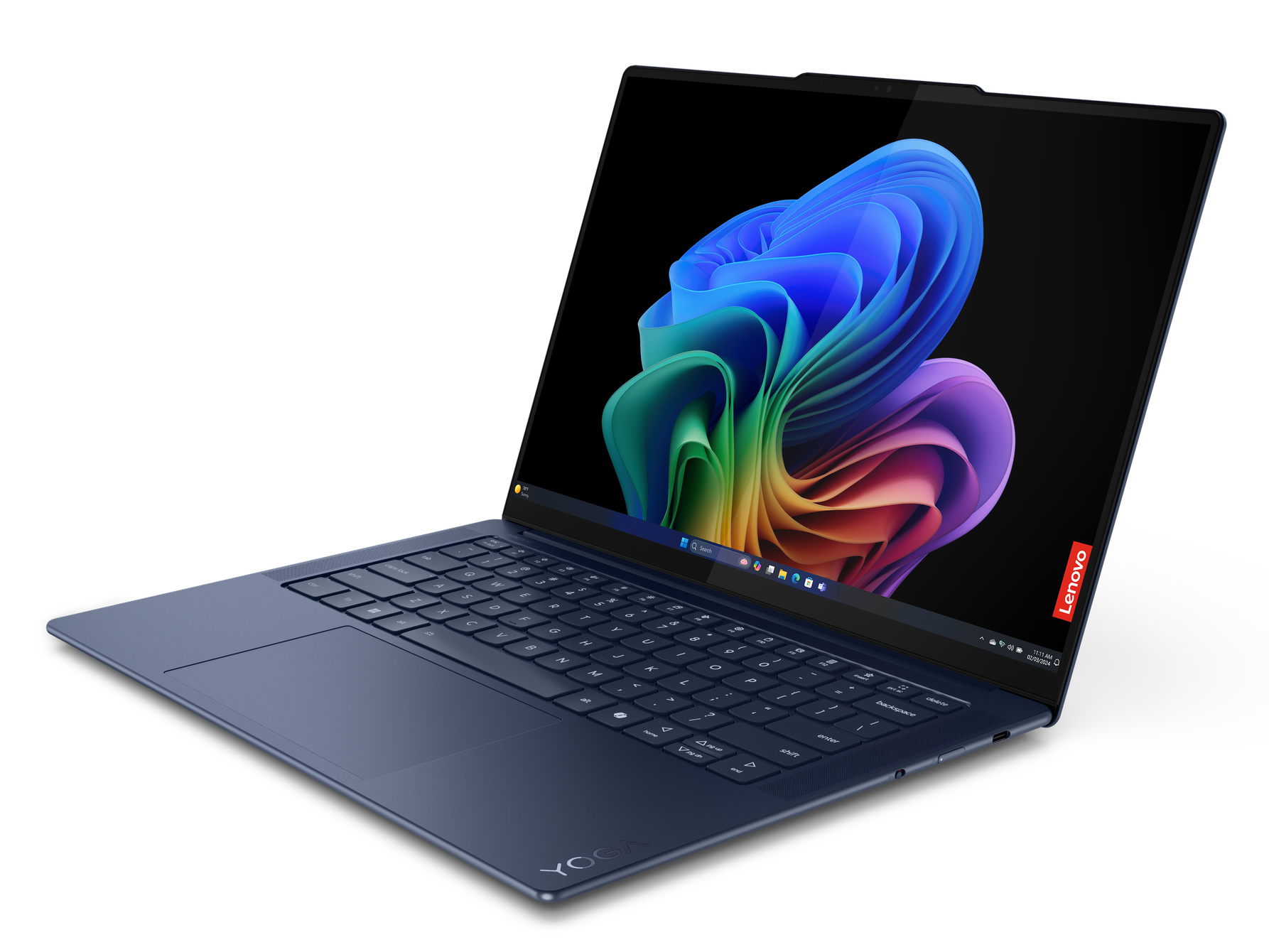
Another significant hurdle was the 'chicken and egg problem' with ARM64 compatibility. The lack of widespread adoption of Qualcomm-based Snapdragon laptops meant that software developers saw little incentive to recompile apps for ARM64. Conversely, without ARM64-compiled apps, consumers and enterprises saw little reason to tolerate the significantly slower app emulation. This led to sluggish market growth for WoA despite the gradual adoption of ARM64 compatibility by Windows 11 and apps.
Luckily, Qualcomm stumbled upon a solution. In Mach 2021, Qualcomm acquired for $1.4 billion a tiny startup named Nuvia, founded in 2019 by three former Apple engineers (Gerard Williams III, Manu Gulati, and John Bruno). While Nuvia originally planned to build ARM-based chips for data centers, Qualcomm saw a different opportunity with its newly acquired talent.
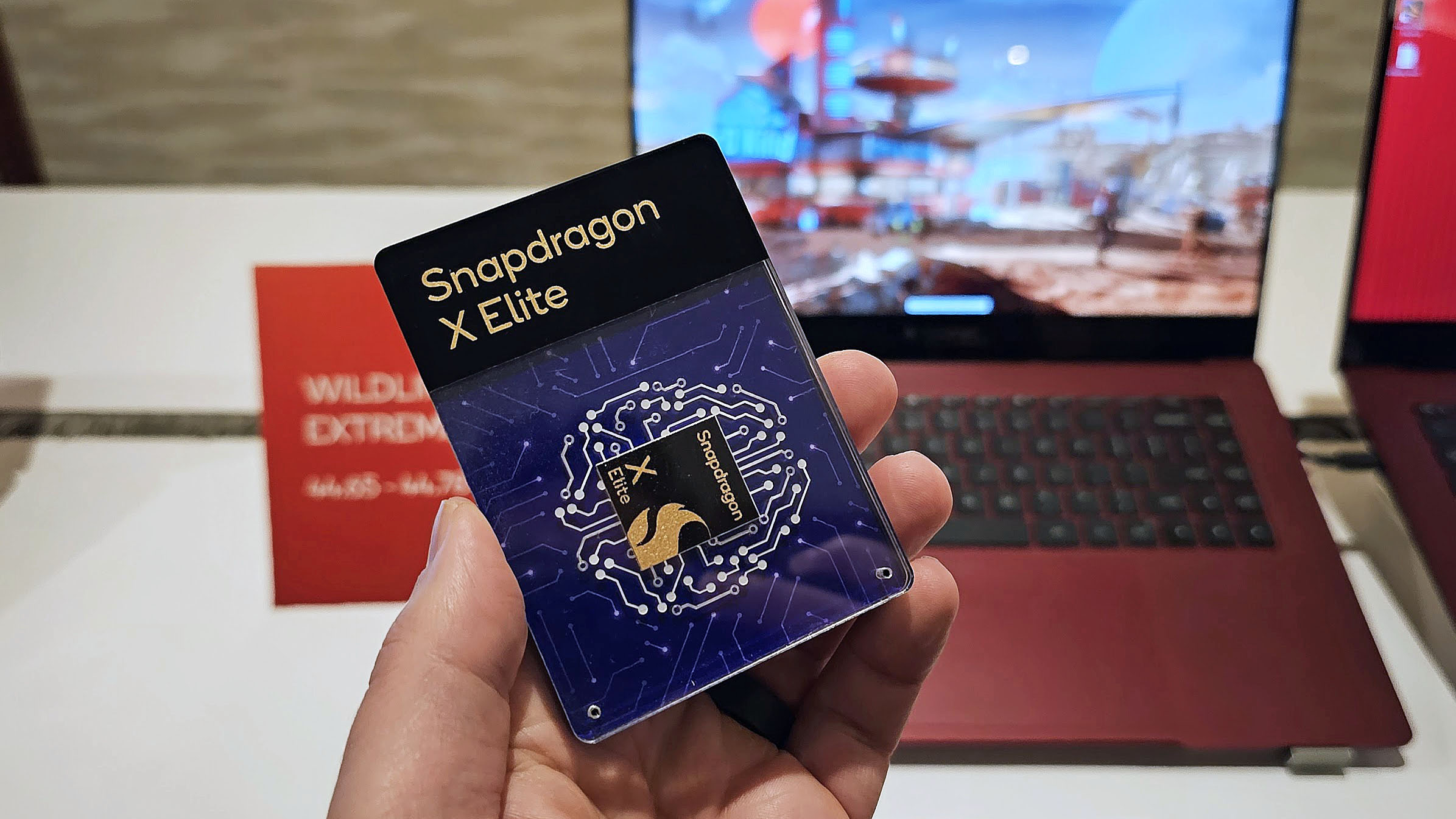
And Gerard Williams III, Manu Gulati, and John Bruno weren’t just Apple engineers. They led development on Apple’s A-series chips (used in iPhones and iPads, which scaled up to the current M-series) and were experts in System-on-Chip (SoC) design and architecture. Indeed, before Gerard Williams III worked at Apple, he spent 12 years designing chips at Arm Limited (previously ARM Holdings) and Texas Instruments. His pedigree in ARM chip design is legendary.
These people led Apple’s 10-year run up to the famed Apple M processors used in its MacBook laptops. The fact that they now work for and are designing in-house ARM64 processors for Qualcomm is likely one reason Apple filed a lawsuit against Williams (and Arm Ltd. filed one against Qualcomm), who was accused of poaching Apple employees (Apple later dropped the lawsuit in early 2023 after it was believed to have settled).
If anyone doubts that Qualcomm could give Apple a run for its money in silicon, they’re probably not paying attention to who is now working for Qualcomm.

While it took three years to get to this point, in summer 2024, we’ll finally see the results of Qualcomm’s Nuvia acquisition, and they’re nothing short of staggering. Qualcomm’s new Snapdragon processors are going from least performant in the market to the most in one fell swoop, bypassing Intel and AMD for power and efficiency and besting Apple’s bestselling M3 processor found in the popular MacBook Pro laptops.
But this was all planned since 2021 and that Nuvia acquisition. What wasn’t planned was the meteoric rise of generative AI and the need for AI accelerators (NPUs). Luckily, Qualcomm also had an ace up its sleeve for that. When partnered with Microsoft’s massive AI pivot, it will create the perfect storm of new, powerful, and long-lasting “AI PCs.”
ChatGPT, NPUs, and the rise of AI PCs
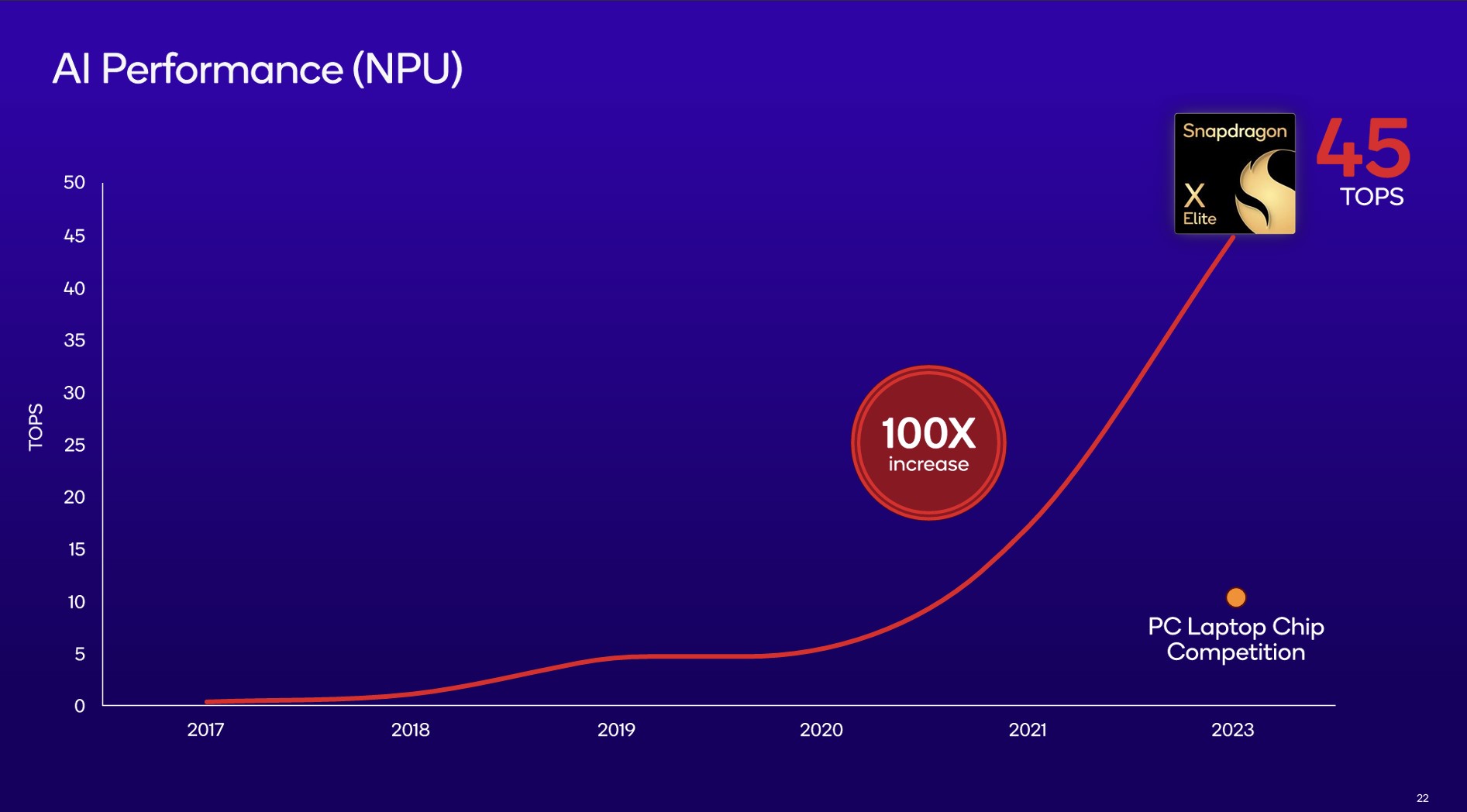
On November 30, 2022, OpenAI, a company few had ever heard of, released ChatGPT to the public. It had reached one million users just five days later, which was unprecedented.
While ‘bots’ have been around forever and the industry’s use of Artificial Intelligence (AI) has been tossed around (primarily as shorthand for machine learning, a subset of AI), ChatGPT changed the world as the first practical and fascinating conversational AI. Soon, people were using ChatGPT to write papers, cheat on homework, create books to flood Amazon with books, make investments, and more.
It was only two and half months later that Microsoft, who had partnered with OpenAI back in 2019 with a $1 billion investment (later, it invested $10 billion in January 2023 to enhance that partnership), got on stage in a hastily assembled media briefing to show off how ChatGPT can power Bing Search and Bing Chat (later rebranded to Microsoft Copilot). Even the new experimental Bing garnered over one million signups in 48 hours.
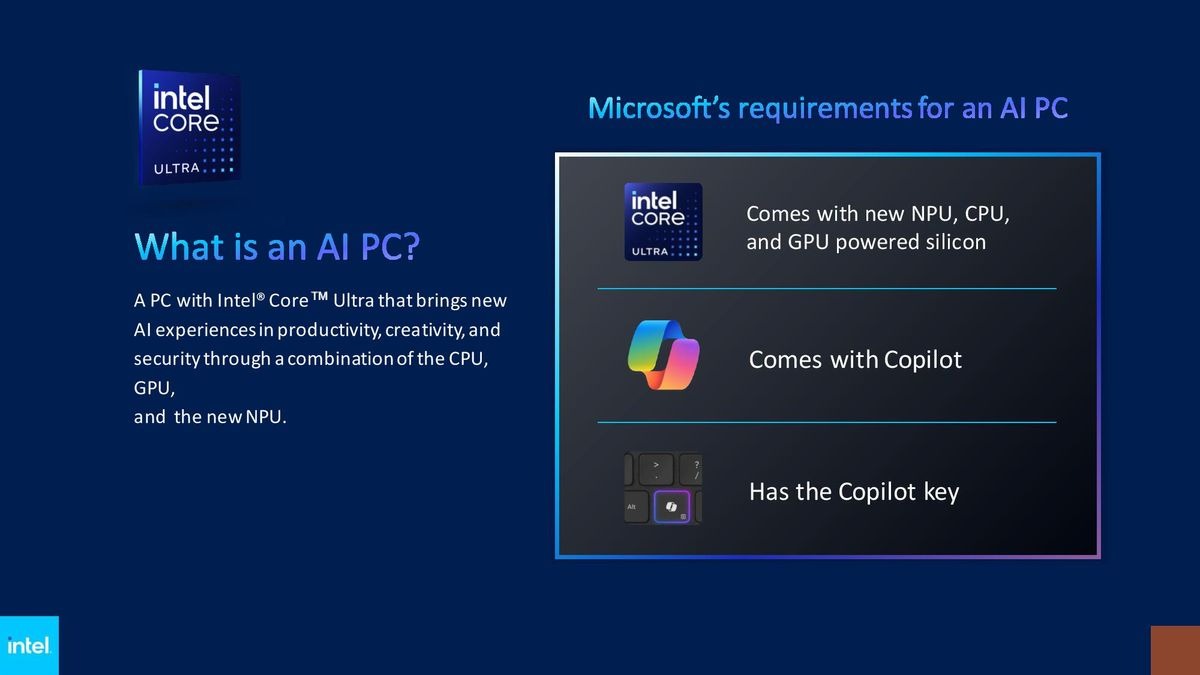
Microsoft’s move was genius. It famously usurped Google’s Gemini announcement weeks later, making Google look behind and wholly caught off guard, especially since everyone expected Google to be the AI leader, not Microsoft.
Since February 2023, it has been a whirlwind for OpenAI and Microsoft. The latter has deployed Copilot across everything from GitHub to the web, its Edge browser, standalone applications for iOS and Android, and built it into Outlook, Office, and Windows 11 itself.
However, one of the current problems with generative AI is processing. Until now, the large-language models (LLMs) had to be housed on massive servers with just as massive GPUs to make the queries timely enough to be acceptable. But data still had to be uploaded and then downloaded from the user, adding latency, not to mention queuing for your query due to high user demand.
Another problem is that general LLMs are good at inference for public data but don’t do much for personalized data, whether for the individual or the corporation (not to mention privacy and security concerns).
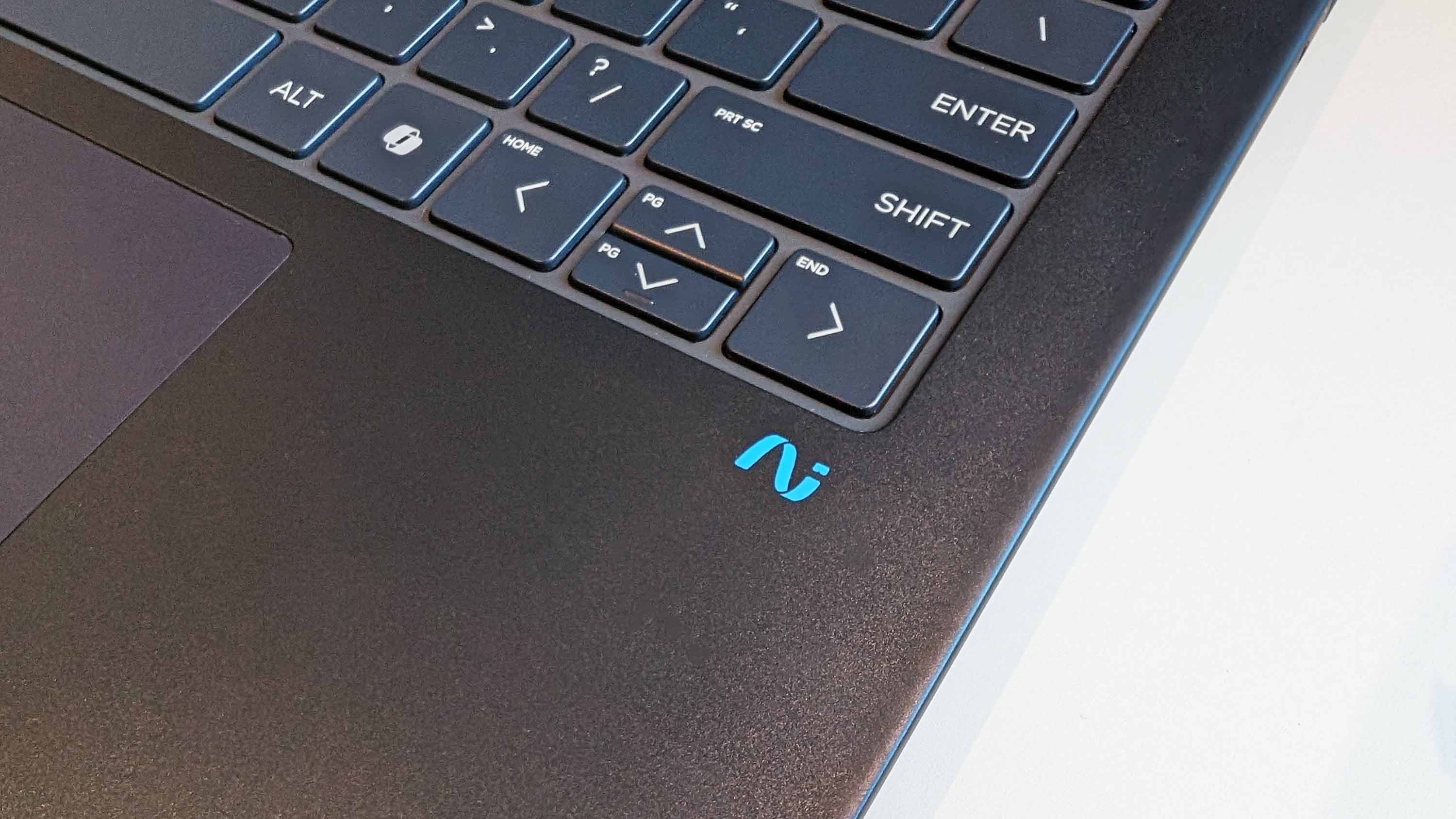
That's where localized and private 7-billion-parameter LLMs come into relevance. Companies can now invest in so-called "AI Factories" (see Dell's announcement today), which provide companies with everything from powerful servers to the laptops needed to create, train, run inference, and deploy LLMs that are based on internal company data.
When combined with cloud-based search data, this so-called hybrid AI approach takes generative AI to a new level. This is why enterprises are so enamored with AI. Private LLMs can act like an "AI genie" for a company, like a universal secretary, knowledgable in company-specific data, documents, training guides, and resources, making them potentially invaluable assistants to employees instead of glorified web search engines.
However, having an AI accelerator or a neural processing unit (NPU) to run these systems on a laptop is critical. Think of an NPU like a CPU and GPU; instead, it is optimized to run AI data efficiently and speedily. Sure, you can game on a laptop without a discrete GPU, but having one is better. The same applies to running AI.
Intel's latest Core Ultra processors (Meteor Lake) run 11 trillion operations per second (TOPS), which helps with things like Windows Studio Effects (background blurring, gaze correction, etc.), but will choke on 7-billion-parameter LLMs, which are the threshold for generating high-quality outputs, rivaling human-generated content.
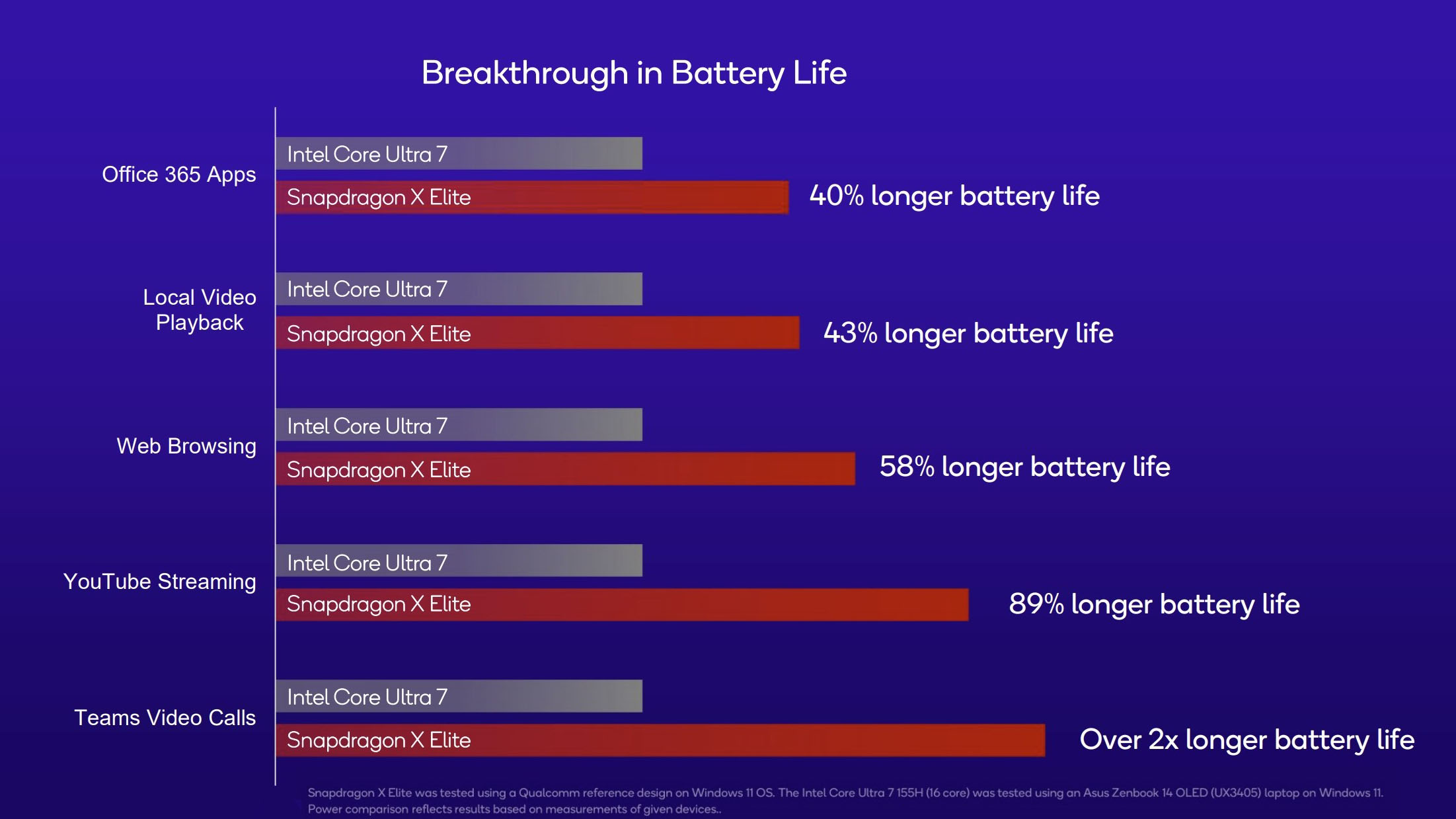
AMD and Apple also have NPUs on their chips. Apple's new M4, currently only in the new iPad Pro, hit 38 TOPS (up from just 18 TOPS in M3), while AMD's latest Ryzen chips still fall below 20.
But Qualcomm’s new Snapdragon X Elite/Plus chips hit 45 TOPS, making them the most potent NPUs in any laptop. Intel will reach this second-generation NPU level later this year with its ‘Lunar Lake’ chips, but Qualcomm is now king, and laptop makers, Microsoft, and software developers have noticed.
Toss in Microsoft’s advancements announced today, like Windows 11 Recall and AI Explorer, which for now is exclusive to Snapdragon X laptops, and you have the first genuine “AI PC,” or as the industry calls them, “Copilot+ PC.” Here’s what Windows Central exclusively reported back in December 2023 about Microsoft’s plan for Windows 11:
Microsoft's blockbuster new feature will be the introduction of an AI-powered Windows Shell, enhanced with an “advanced Copilot,” that’s able to constantly work in the background to enhance search, jumpstart projects or workflows, understand context, and much more. Sources say these AI features will be “groundbreaking.”
Microsoft is releasing the first “true” AI operating system, putting itself ahead of Google and Apple, which are trying to catch up. However, Microsoft can only do this because Qualcomm has a chip that can process AI to make it happen. Without that 45 TOPS NPU, this whole thing falls apart, which is why (for now) Intel and AMD laptops aren't getting these features.
HP is doing a reboot: Welcome back, OmniBook
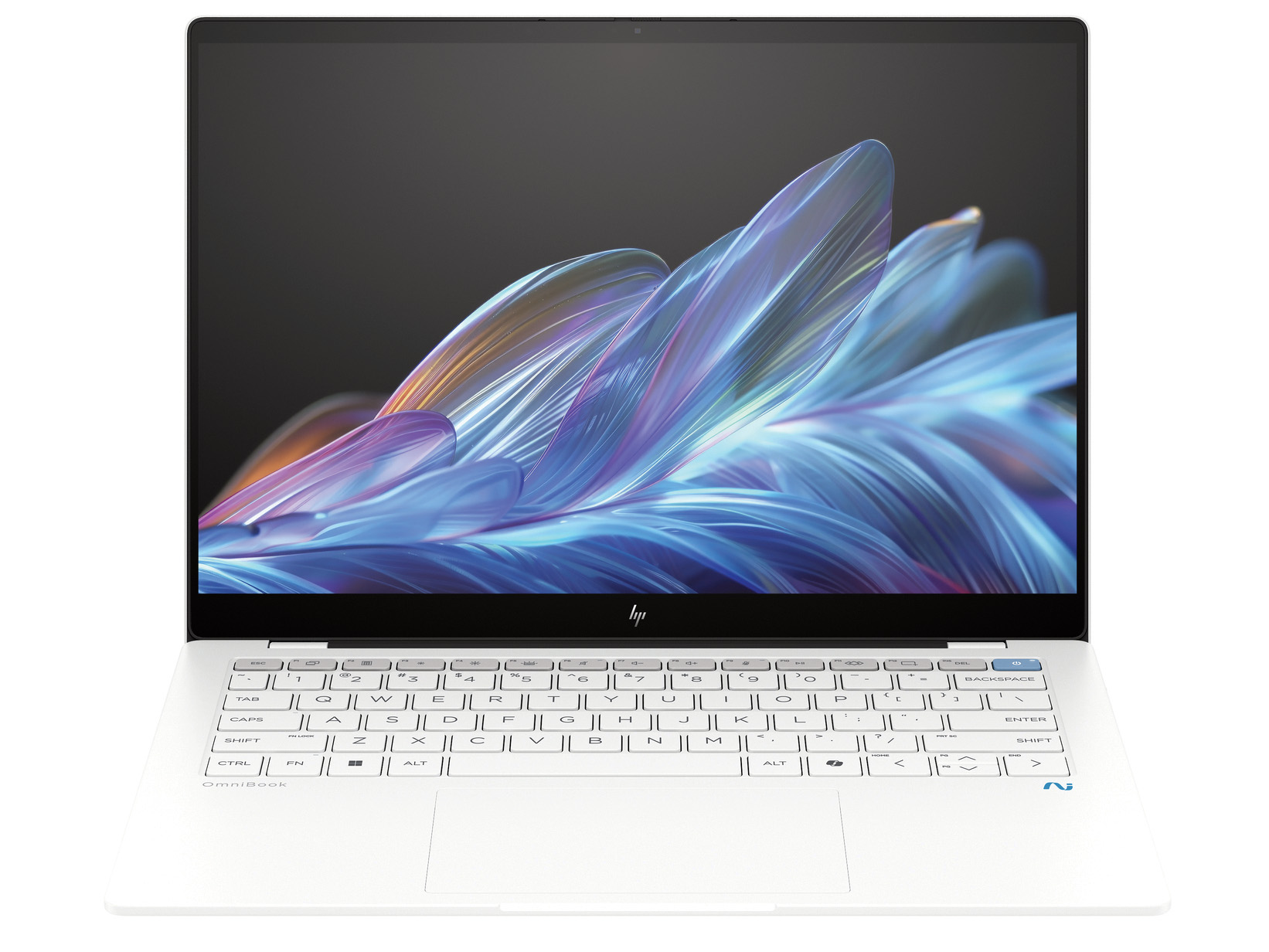
None of this hyperbole, either. HP announced today that it is rebranding its entire PC lineup. From the consumer side, Pavilion, Envy, and Spectre are gone; we now have Omni and demarcations to reflect processing power and pricing levels, e.g., HP OmniBook 3, 5, 7, X, and Ultra. For categories, there is the HP OmniBook for laptops, OmniStudio for all-in-one desktops, and OmniDesk for traditional desktops. (Gaming still falls under the OMEN branding, however).
For HP’s commercial portfolio, everything is unified under Elite, such as HP EliteBook, EliteStudio, and EliteDesk.
Why is HP doing this? Its old naming scheme wasn’t simple (and Spectre was spelled oddly for those in the U.S.), but I didn’t see complaints. HP sees today’s announcement for Qualcomm’s chip and Microsoft’s AI push as a chance to reset. (It should be noted that Elite and Omni PCs are not Qualcomm-exclusive devices but apply to forthcoming Intel and AMD ones.)
Even Microsoft’s Surface ambitions have been scaled back in an apparent reboot with the departure of its originator, Panos Panay, and head designer, Ralf Groene. The days of radical Surface experiments are over as the company pulls back to core products (and the ones that sell) like Surface Pro, Surface Laptop, and its ‘Go’ counterparts.
Whether Dell, Lenovo, and others will follow HP and Microsoft is unclear, but it is evident that many of these companies are taking today’s announcements seriously. We expect just under 20 new Snapdragon-based laptops in the coming weeks, matching what Qualcomm referred to last year as a “significant number of design wins,” leading to what it referred to as an “inflection point” for Windows on Arm in mid-2024.
To put that number of laptops in perspective, on average, we would see one, maybe two new Windows on Arm laptops per year. And this is just the beginning.
Counterpoint Research and other industry analysts have pegged 2024 as the first year of growth in the PC market after many years of decline thanks to these AI PCs. I suspect 2025 will be an even more considerable boost as businesses enter their refresh cycle for computers bought during the pandemic era. Riding that wave will be these new AI PCs.
Why the Great PC Reset is different
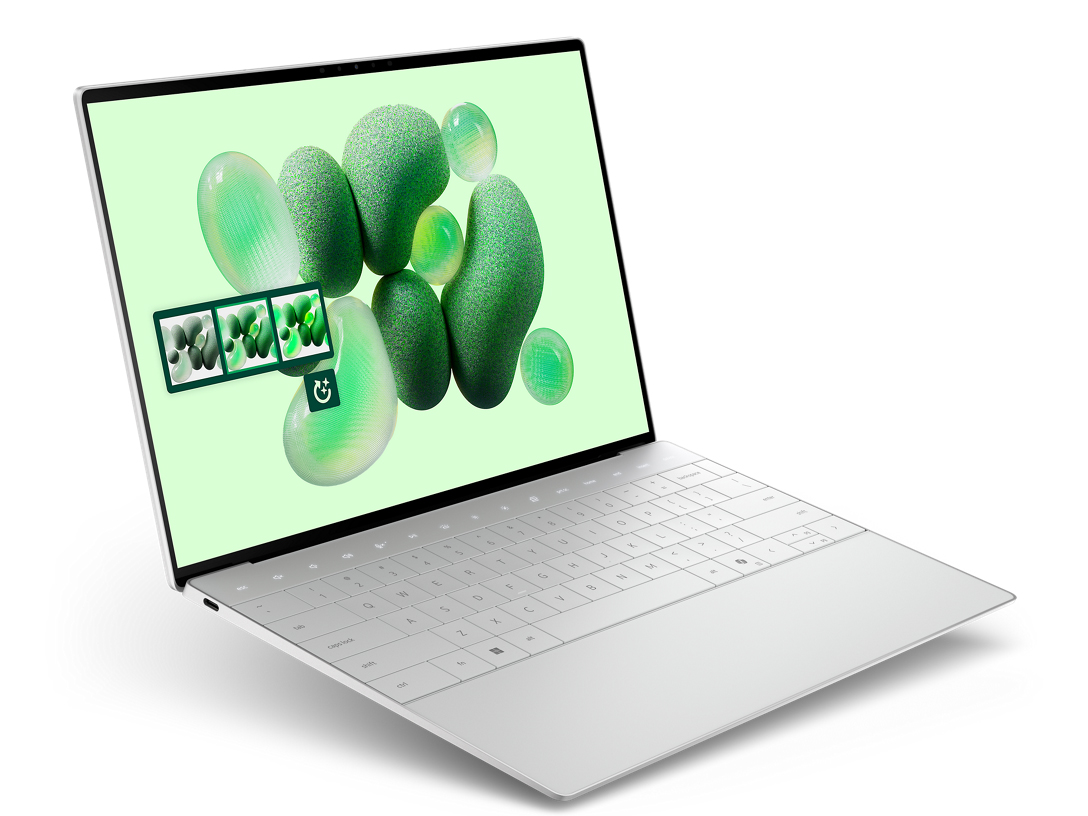
Of course, while impactful, I can hear people talking about convertible laptops didn’t radically change things for PC users. I think that is somewhat true, although Microsoft’s Surface Pro, I’d argue, is now iconic, and Lenovo has seen success with its Yoga series for years.
However, most shifts in the PC landscape in the last decade have revolved around form factors (or modified OS UIs), including recent attempts at dual-screen laptops, something we claimed way back in 2018 was in the works and PCs with foldable displays.
This PC Reset is not about form factors. Indeed, it’s the opposite.
Most laptops announced today are vanilla old-school clamshell Windows laptops with killer displays and fast RAM and storage. Even 5G and so-called “always-connected” functions are taking a backseat as Qualcomm is not mandating its adoption when using Snapdragon X. As a result, most laptop makers are keeping designs simple (and more affordable) by not incorporating costly and complicated 5G antennas and hardware.
No, today’s Copilot+ laptops are about three things:
- Power: Processors that can beat Intel and AMD (by a lot)
- Battery: Laptops that can do 20+ hours of streaming and more than 12 hours of real-world work
- AI: With the most powerful NPUs around and an OS that can leverage it, we’re witnessing the birth of the actual AI PC
The Copilot+ laptops' lightweight, standard clamshell design caters to consumers and businesses. They resemble MacBook Pros but are lighter, offer more design choices, and, crucially, offer a range of options such as touchscreens, 5G, or even tablet PC configurations like the Surface Pro. Moreover, they boast the capability to run Windows 11, which carries a legacy of over 30 years of software support.
In the future, we can expect to see an array of convertible laptops, an increase in tablet options, dual-screen/foldable devices, and perhaps even handheld gaming PCs.
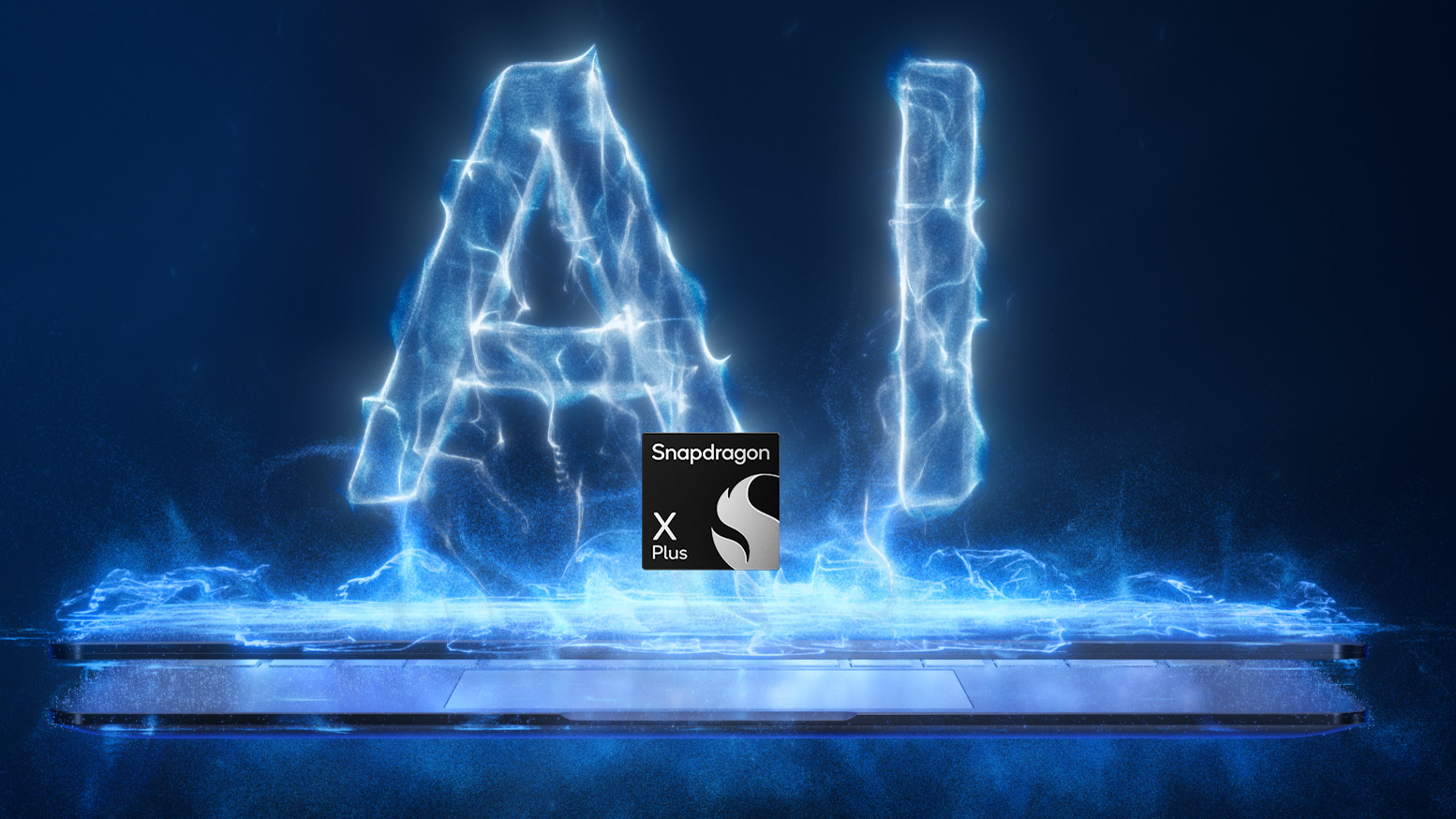
For the moment, however, the Windows PC industry is pausing to refocus, returning to its origins, and resetting to introduce some of the most powerful laptops ever created. This shift is set to herald a new era of authentic and reliable AI computing.
Today's announcements change the landscape entirely. The introduction of Qualcomm's latest Snapdragon X processors or the emergence of an AI OS alone would be significant. But their powerful (and serendipitous) combination marks a watershed moment for a mobile computing revolution that has been unparalleled in the past 30 years since PCs were first connected to the Internet.
And if you think that's all garbage, just be happy you can now get a Windows laptop that's as fast and battery-efficient as Apple's.







